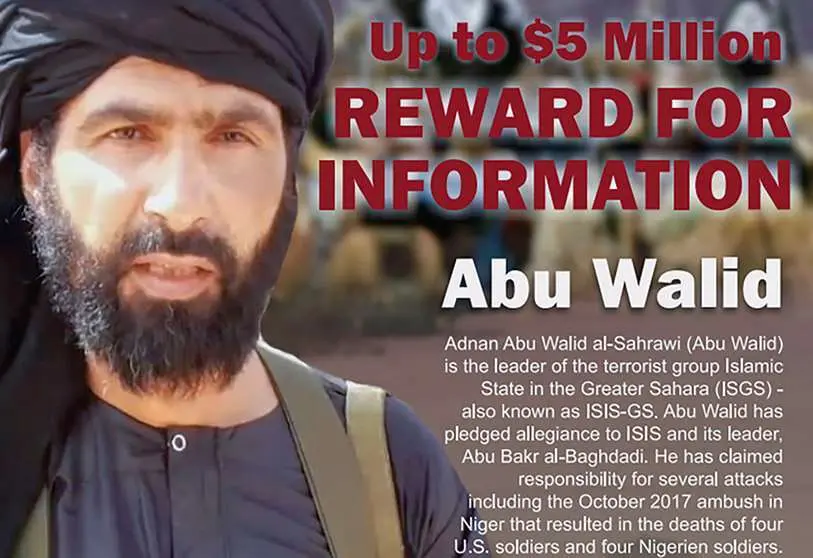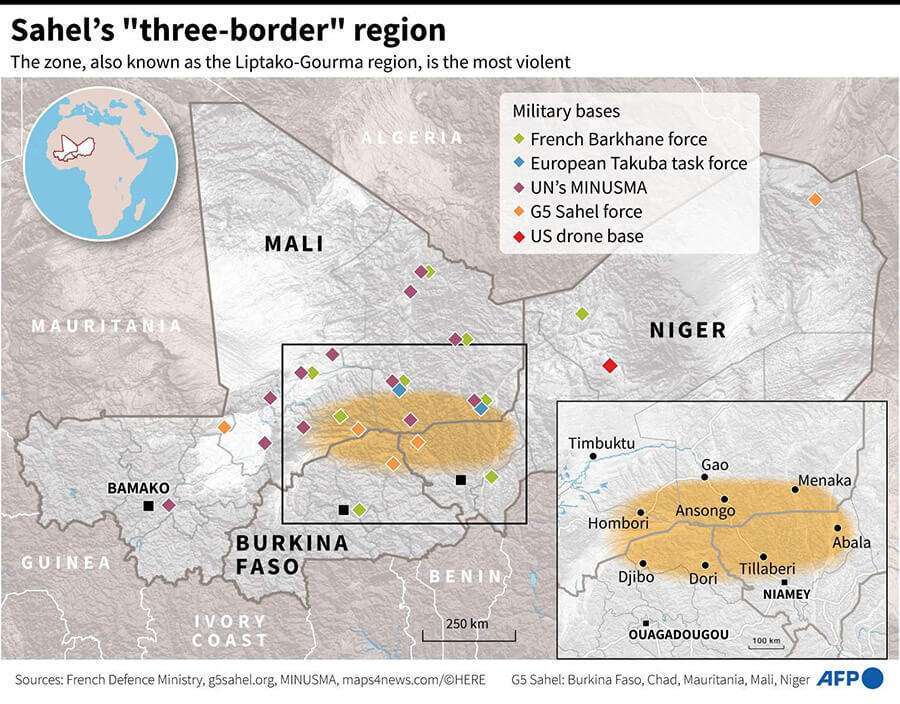French forces eliminate Daesh leader in the Sahel

In recent years, the Sahel area has experienced a worrying increase in terrorism. Both Al Qaeda and Daesh have moved into this African region and established their own groups in the territory, causing hundreds of deaths, displacement and instability.
France has been one of the most relevant countries in the fight against terrorism in the region. In 2014 it announced Operation Barkhane with the aim of defeating jihadism in the Sahel by cooperating with local armed forces. However, last June Paris put an end to the African mission. President Emmanuel Macron assured that all troops would be back in France by early 2022.
Despite the announcement of the withdrawal, France remains involved in the fight against terrorism. Proof of this is the recent killing of Abnan Abu Walid al-Saharaoui, head of the Daesh organisation in the Greater Sahara (ESGS) and one of the main terrorist leaders in the Sahel. This capture demonstrates France's commitment to the war against jihadism.

"This is another great success in our fight against terrorist groups in the Sahel," Macron wrote on his personal Twitter account. "The Nation is thinking tonight of all its heroes who died for France in the Sahel in the Serval and Barkhane operations, of the bereaved families, of all their wounded. Their sacrifice is not in vain. With our African, European and American partners, we will continue this fight," he added. From 2013, when former president François Hollande launched Operation Serval (Barkhane's predecessor) until January 2021, 51 French soldiers have been killed by terrorist groups in the region. In that month, five soldiers were killed in one week in attacks perpetrated by jihadists.
Armed forces minister Florence Parly reiterated President Macron's words that this event is "a decisive blow against this terrorist group". "Our fight continues," Parly added. Over the summer, French soldiers assassinated other ESGS leaders

Abnan Abu Walid al-Saharaoui founded Daesh in the Greater Sahara (ESGS) in 2015. He was previously part of the Sahrawi Polisario Front and Al Qaeda in the Islamic Maghreb (AQIM). With the creation of the ESGS, terrorism spread along the border between Mali and Niger, countries that witnessed bloody jihadist attacks.
One of the most high-profile attacks occurred in October 2017, when Abu Walid group attacked a joint US-Nigerian patrol in the Tongo Tongo region of Niger. This operation resulted in the deaths of four US soldiers and four Nigerians, prompting the Washington State Department to designate Abu Walid a "global terrorist". However, the group has also killed hundreds of civilians and soldiers from other neighbouring countries.

The US institution offered a reward of up to $5 million to anyone providing information on the "blacklisted" jihadist. Also, during the Pau summit in January 2020, France designated AQIM as a "priority enemy".
Abu Walid is the main suspect in organising most of the attacks in the "three borders" area, a large area between Mali, Niger and Burkina Faso. In August 2020, he personally ordered the assassination of six French aid workers, their guide and their Nigerien driver.
Unfortunately, Abu Walid's death does not mean the end of terrorism in the region. Even if its leader has been killed, Daesh in the Greater Sahara still has its followers. On the other hand, there are other equally radical organisations, such as the Group for the Support of Islam and Muslims (GSIM), Ansarul Islam (Defenders of Islam), Daesh West Africa Province (ISWAP) and Boko Haram.

Moreover, some of these groups are at odds with each other, such as Boko Haram and ISWAP. ISWAP, which swore allegiance to Daesh, assassinated Boko Haram leader Abubakar Shekauk because he was considered "too violent".
These power struggles, coupled with brutal attacks claiming the lives of hundreds of civilians, accentuate the humanitarian crisis and the flow of displaced people in the Sahel region.









